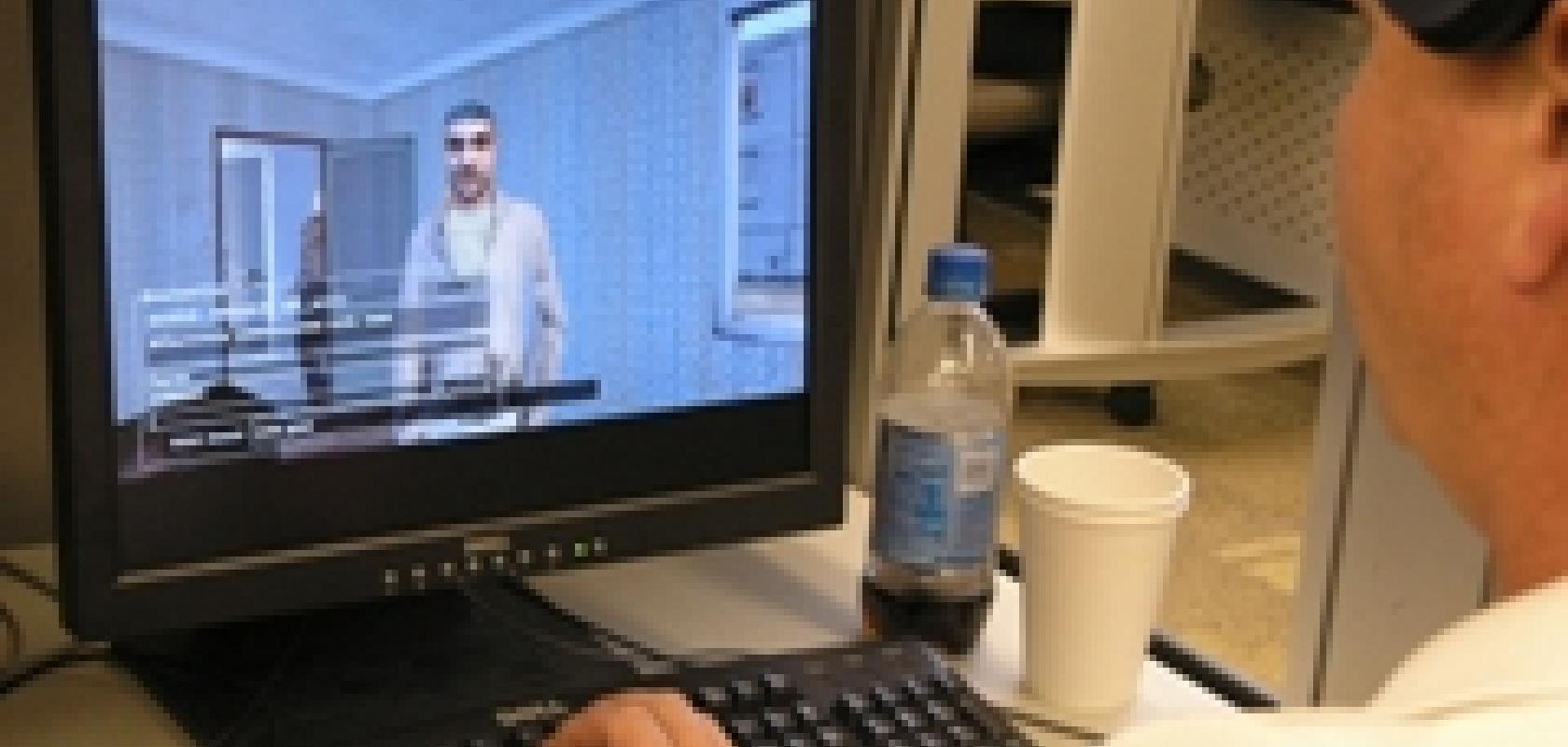Some 20,000 soldiers a year may soon be trained in interpersonal skill building and cross-cultural awareness using a video game developed by researchers from Sandia and BBN Technologies.
Funded through Defense Advanced Research Projects Agency (DARPA), the nine-month project resulted in an adaptive thinking training methodology, which prepares fighters for difficult situations in places such as Afghanistan and Iraq.
Elaine Raybourn, the project lead and scientist, said: ‘We are talking about training for non-kinetic engagement — interpersonal communication, negotiation skills, and interpersonal rapport. The goal is to make soldiers better thinkers and communicators under stress.’
The training tool is conceptually similar to an earlier multiplayer simulation game she developed several years ago. That same game is currently used by members of the US Army Special Forces to hone their skills in adaptive thinking, negotiation, conflict resolution, and leadership in cross-cultural settings.
Like the first game, the new one developed for DARPA will allow as many as 64 people to play on networked computers. Instructors can easily modify or create scenarios, monitor training, and jump in and change the direction of the game at any time.
Participants serve as either role-players or evaluators and their tasks and experiences vary according to their role. A major enhancement in the new game is the addition of a peer/expert evaluation element.
Raybourn estimates that the number of people who could be trained with the DARPA-sponsored game could be 'extensive — reaching soldiers in the US and overseas.' PEO-STRI is putting the nonkinetic modules on its website where it will be available free to all US military services, federal law enforcement, and government.
The non-kinetic modules are comprised of a socio-cultural overlay for a geographical area that is linked to key events and roles of host nation civilians.
Raybourn added: ‘We hope this training will help soldiers better understand the cultural environments they are exposed to and better handle difficult situations.’


